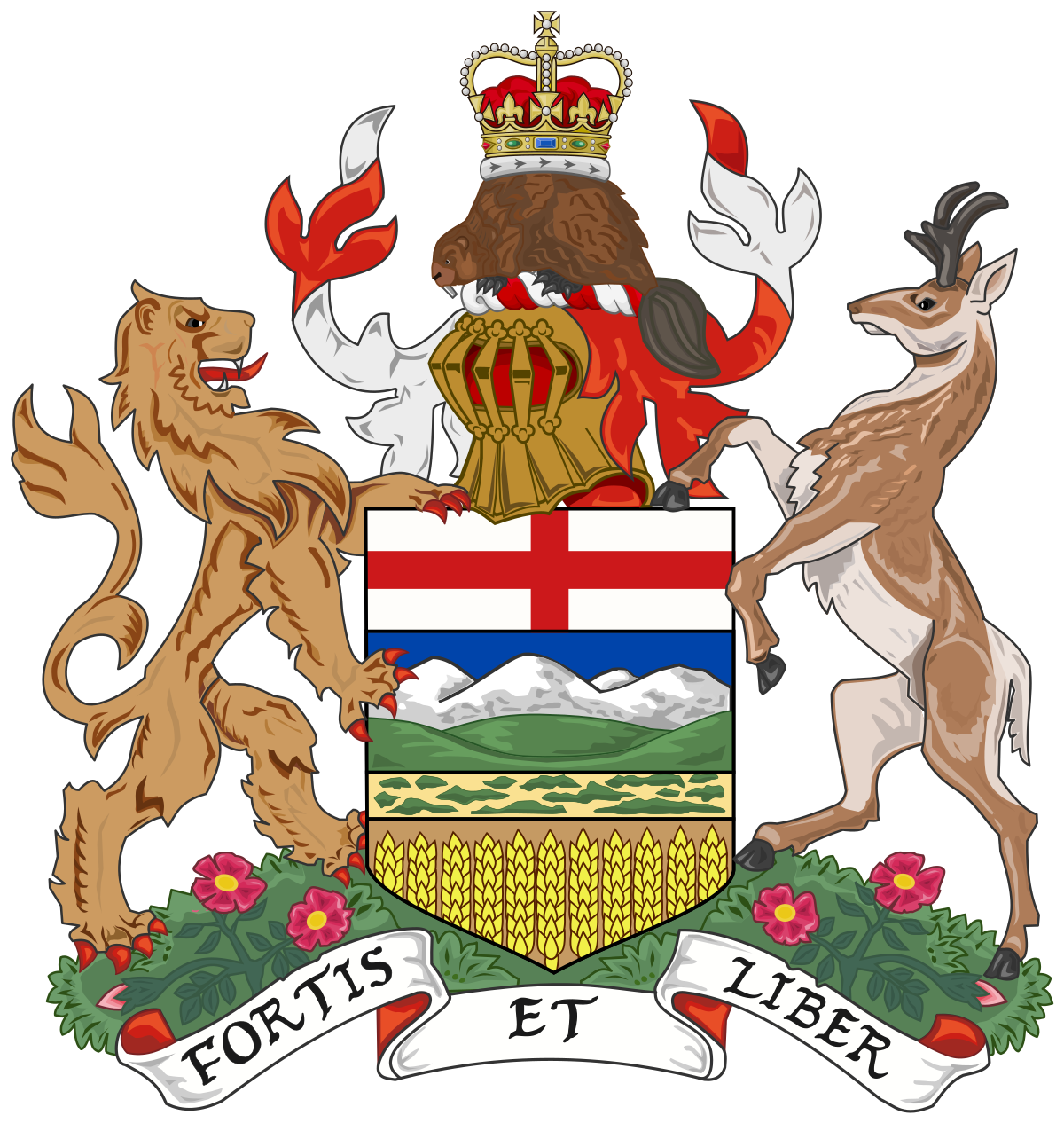154 We have also considered whether a positive legal entitlement to secession exists under international law in the factual circumstances contemplated by Question 1, i.e., a clear democratic expression of support on a clear question for Quebec secession. Some of those who supported an affirmative answer to this question did so on the basis of the recognized right to self-determination that belongs to all "peoples". Although much of the Quebec population certainly shares many of the characteristics of a people, it is not necessary to decide the "people" issue because, whatever may be the correct determination of this issue in the context of Quebec, a right to secession only arises under the principle of self-determination of peoples at international law where "a people" is governed as part of a colonial empire; where "a people" is subject to alien subjugation, domination or exploitation; and possibly where "a people" is denied any meaningful exercise of its right to self-determination within the state of which it forms a part. In other circumstances, peoples are expected to achieve self-determination within the framework of their existing state. A state whose government represents the whole of the people or peoples resident within its territory, on a basis of equality and without discrimination, and respects the principles of self-determination in its internal arrangements, is entitled to maintain its territorial integrity under international law and to have that territorial integrity recognized by other states. Quebec does not meet the threshold of a colonial people or an oppressed people, nor can it be suggested that Quebecers have been denied meaningful access to government to pursue their political, economic, cultural and social development. In the circumstances, the National Assembly, the legislature or the government of Quebec do not enjoy a right at international law to effect the secession of Quebec from Canada unilaterally.
155 Although there is no right, under the Constitution or at international law, to unilateral secession, that is secession without negotiation on the basis just discussed, this does not rule out the possibility of an unconstitutional declaration of secession leading to a de facto secession. The ultimate success of such a secession would be dependent on recognition by the international community, which is likely to consider the legality and legitimacy of secession having regard to, amongst other facts, the conduct of Quebec and Canada, in determining whether to grant or withhold recognition. Such recognition, even if granted, would not, however, provide any retroactive justification for the act of secession, either under the Constitution of Canada or at international law.




